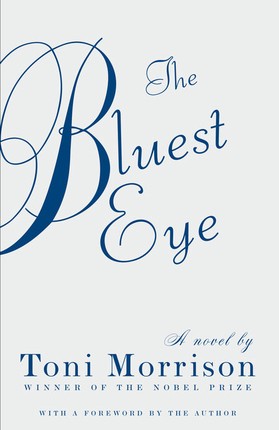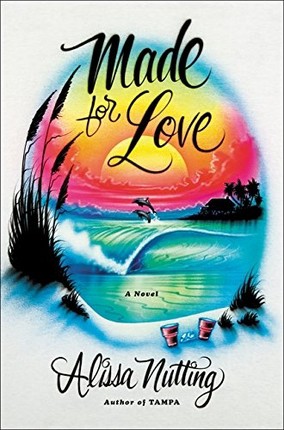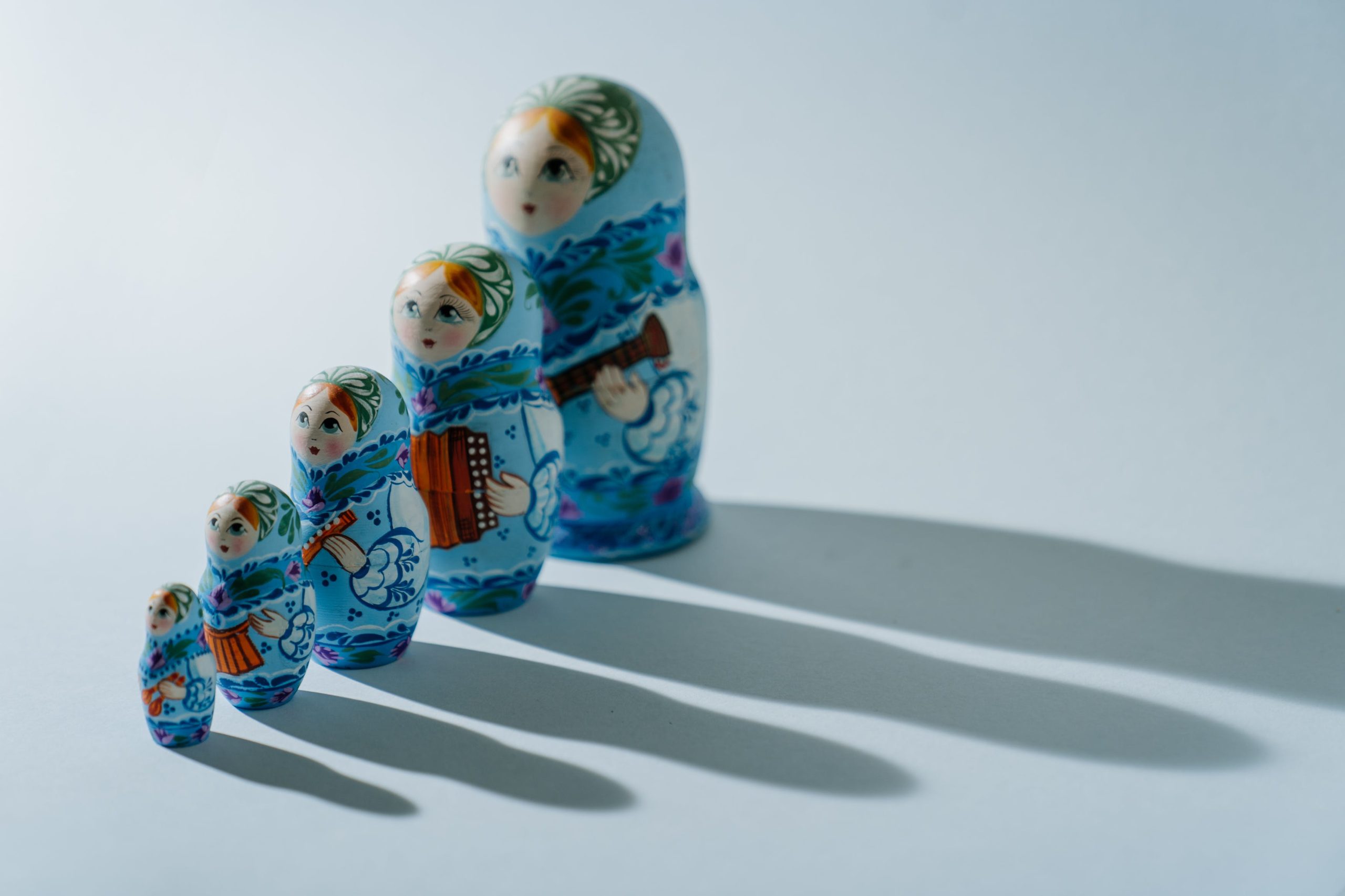Reading Lists
The Most Toxic Patriarchs in Literature
Rebekah Frumkin, author of ‘The Comedown,’ proves that each dysfunctional dad is dysfunctional in his own way

Whether we care to admit it or not, literature is full of embittered, aggressive, reclusive patriarchs. It’s easy to accuse writers of having daddy issues, but it’s far less easy to admit that because of toxic masculinity, emotionally available fatherhood is a rare practice. My own kind and self-reflective father, a few partners, and many good friends and colleagues are proven exceptions to the bandied-about rule that cishet men are a sad and dangerous bunch.

My novel, The Comedown, lampoons toxic masculinity by showing it in extreme forms. Leland Bloom-Mittwoch Sr. inhales cocaine, berates his wife, and suffers delusions of grandeur. Aaron Marshall worships his drug-dealing father and gets rich working for a development company that could have rendered his family homeless. Lee disdains every woman he sleeps with except Maria Timpano, whom he places on a desperate pedestal, and for whom he drives into a ravine. Being a man in the world of The Comedown is like being on a particularly critical episode of Queer Eye for the Straight Guy, except it’s your patriarchy-warped character being examined instead of your schlubby clothes.
A good dad treats his family like fellow human beings deserving of compassion and respect. A bad dad can act out in as many ways as there are vices and structures of oppression. All well-adjusted dads are alike, but these six patriarchs prove that each dysfunctional dad is dysfunctional in his own way.
José Arcadio Buendía, One Hundred Years of Solitude by Gabriel García Márquez
Founder of Macondo and head of a family of similarly-named Buendías, José Arcadio is easily one of the worst patriarchs in literary history. Holed away in his study while his wife and children break their backs in the garden and around the house, José Arcadio is disinterested in all that doesn’t revolve around him and his scientific curiosity, a bad father by way of neglect. (When your child becomes the fascist mayor of the town you founded and you don’t intervene, you know you’ve probably failed as a father.) He spends his old age confused and tied to a tree, a fate befitting a would-be master of the universe inquisitive beyond his abilities.
Simon Dedalus, A Portrait of the Artist as a Young Man by James Joyce
Simon Dedalus starts out as the bumbling, loveable-and-down-on-his-luck father from an after school special. But as young Stephen Dedalus matures, Simon becomes increasingly drunk and monstrous until he’s shouting about Stephen being a “lazy bitch.” (“He has a curious idea of genders if he thinks a bitch is masculine,” Stephen quips afterward.) Propelled by Simon’s ineptitude, Stephen goes on to seek fatherhood elsewhere: in the mythical Daedalus and later in the arms of Leopold Bloom.
Cholly Breedlove, The Bluest Eye by Toni Morrison
Toni Morrison’s The Bluest Eye is a heart-rending read precisely because of Cholly Breedlove’s actions. Saying that Cholly “behaves badly” is like saying that “being a woman under patriarchy is hard.” Both are gross understatements. Cholly sets his own house on fire and rapes his daughter. His drunken rages transport him to planes of grandiose incoherence. He has been failed by a racist social system and his manic awfulness serves to both reveal and conceal his wounds. If only Pecola could have escaped him sooner.
King Lear, King Lear by William Shakespeare
If anything, Lear’s story is a lesson in not picking favorites, or at least not picking the wrong favorites. Ideally, children wouldn’t have to make formal appeals for their father’s love, but this is not how things worked in pre-Roman Britain. Lear spends more quality time with the Fool in an apocalyptic storm than he does with any of his daughters. Regan and Goneril are regarded as evil without question and Cordelia is practically ignored until the end of the play, when a piteously mad Lear finally gives her the time of day. Good parenting this is not.
Hazel’s father, Made for Love by Alissa Nutting
Hazel escapes her sterile marriage to the tech tyrant Byron Gogol by moving in with her father. He’s living in a trailer with a sex doll named Diane and putzing around on a Rascal scooter, his every action seemingly designed to maximize Hazel’s discomfort. When he’s not berating Hazel about her past, he’s canoodling with Diane in a way that is truly a bummer. He’s distinct among the rest of these patriarchs in his willingness to meet the lowest possible threshold of decency: he doesn’t actively inflict any harm on his child. Way to go, Hazel’s dad.
Dr. James Orin Incandenza, Infinite Jest by David Foster Wallace
Like José Arcadio, Dr. James Orin Incandenza (a.k.a Himself a.k.a The Mad/Sad Stork), completely neglects his children for his filmmaking career. While older brothers Hal and Orin are resigned to being ignored, Mario lusts after his father’s attention, acting as key grip and best boy in Dr. James’ benighted productions. Eventually, Dr. James ends his life by putting his head in a microwave, leaving his children to wonder what they meant to him, if anything.














